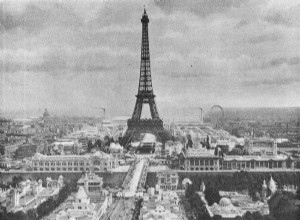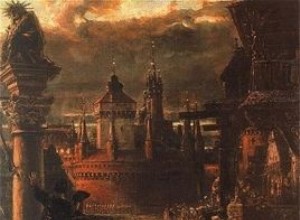He was one of the most famous cheaters in history. Audacious and self-confident, he remained elusive for a long time. For his most famous scam, he used ... the Eiffel Tower. Even now, its hard to see its sidiness. Why? Because the person who is most often associated with Count Victor Lustig today ac




